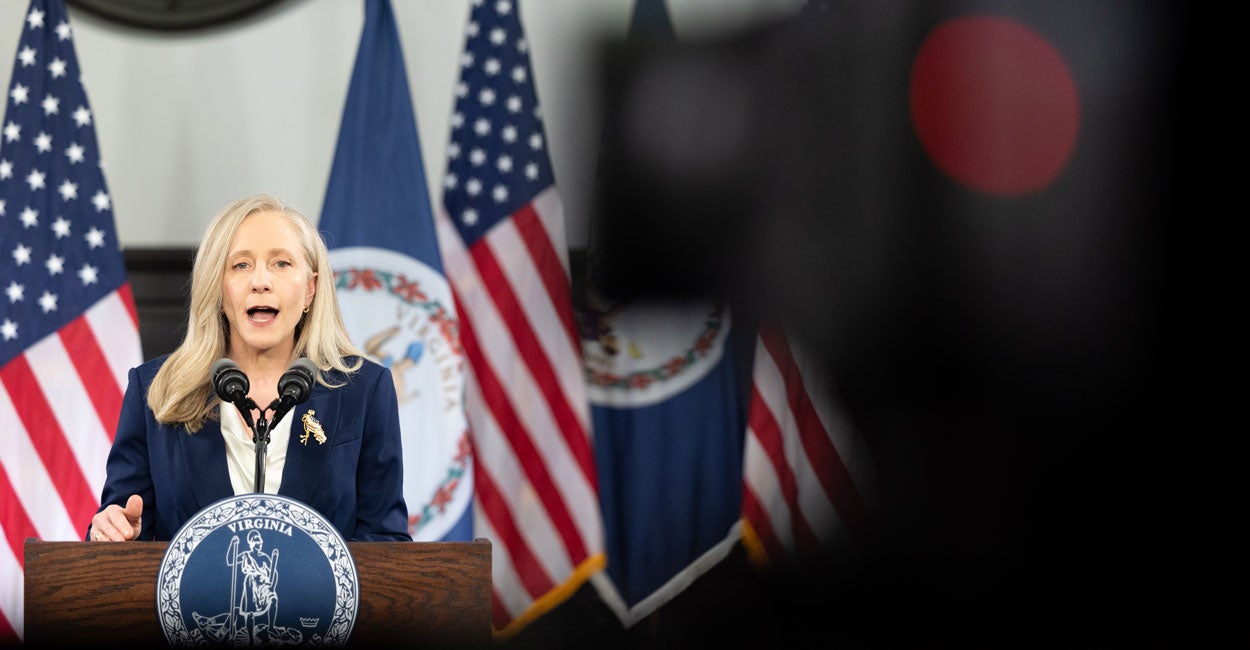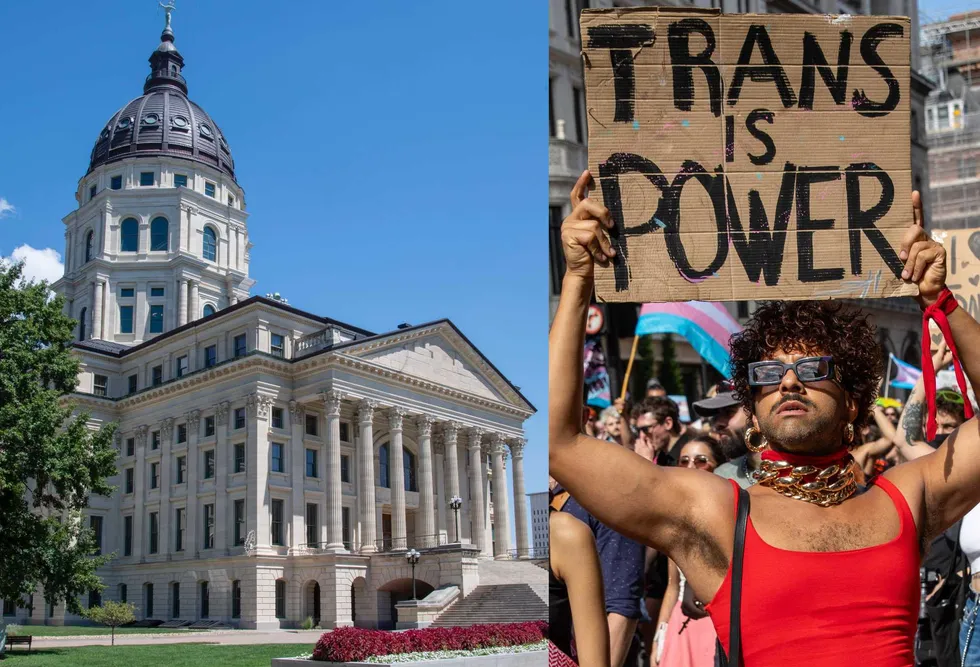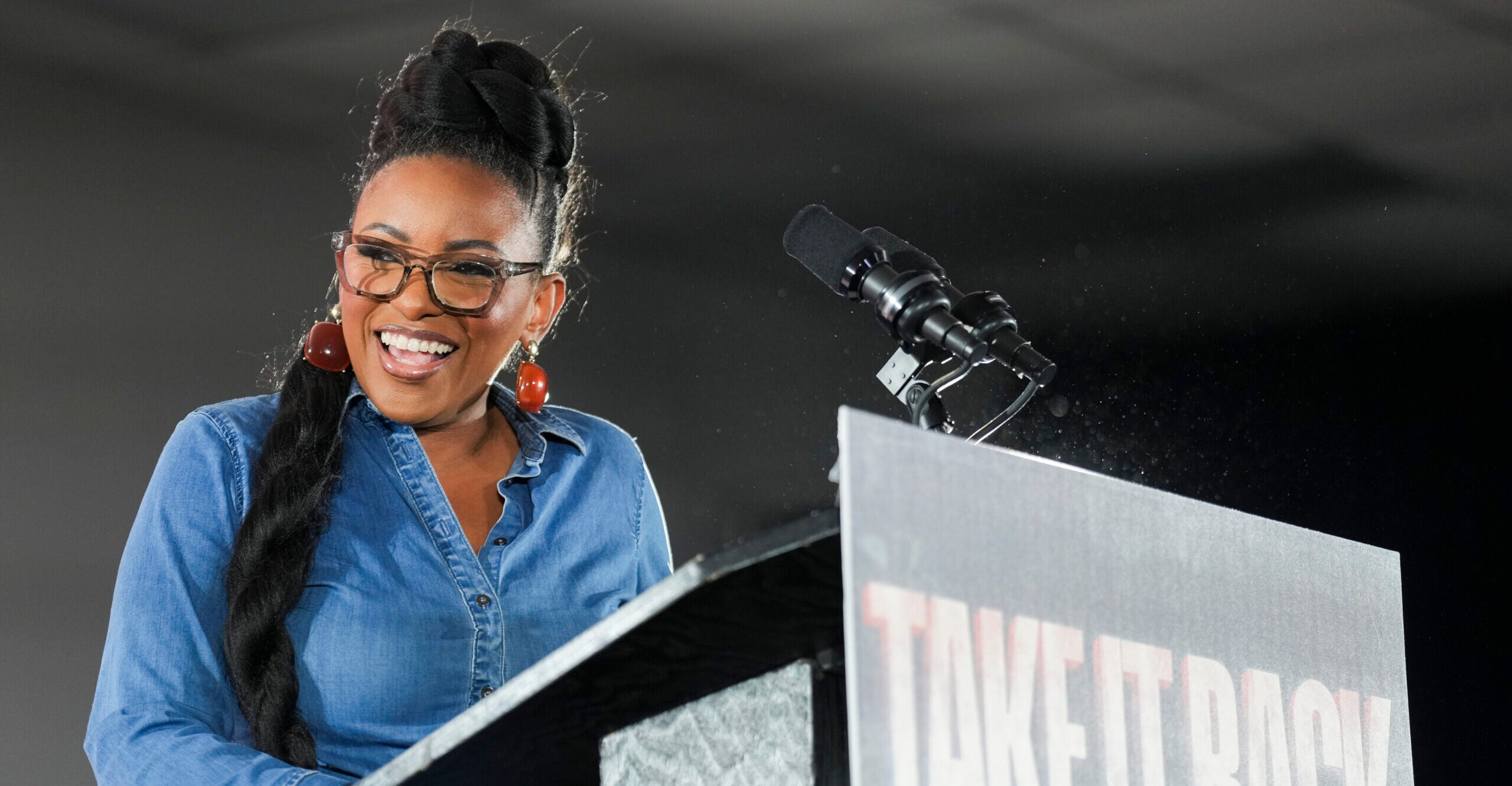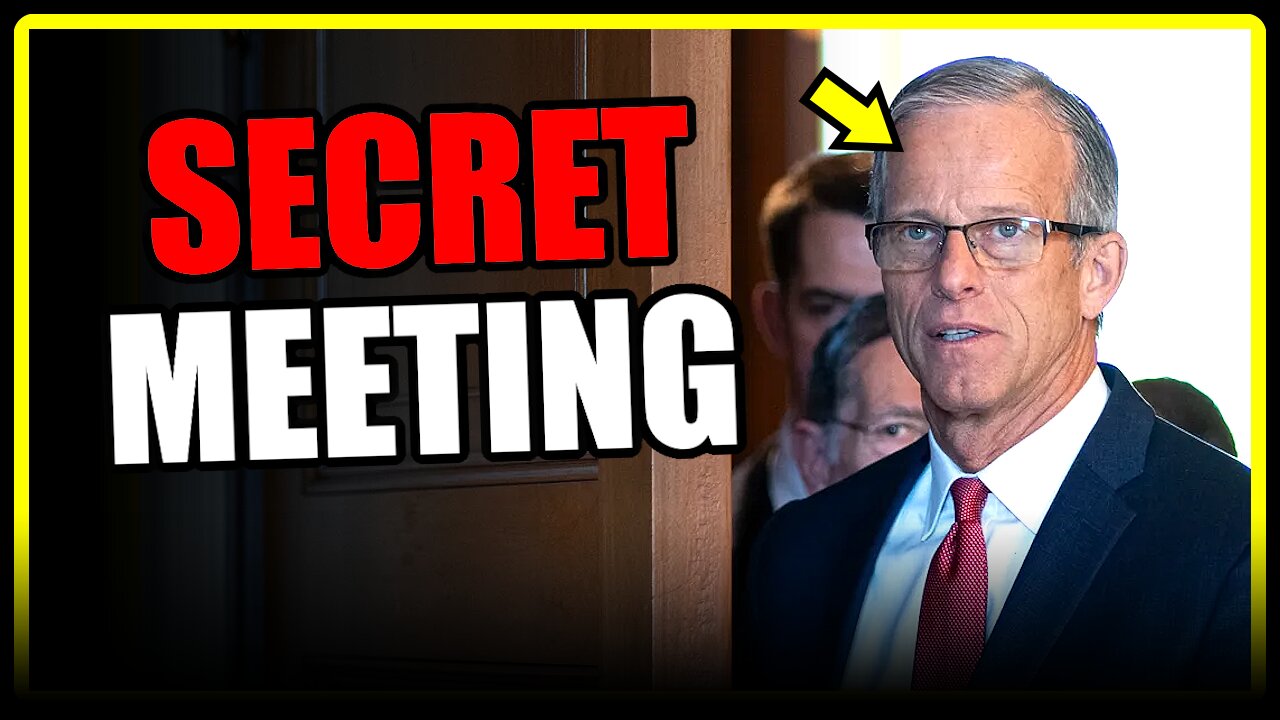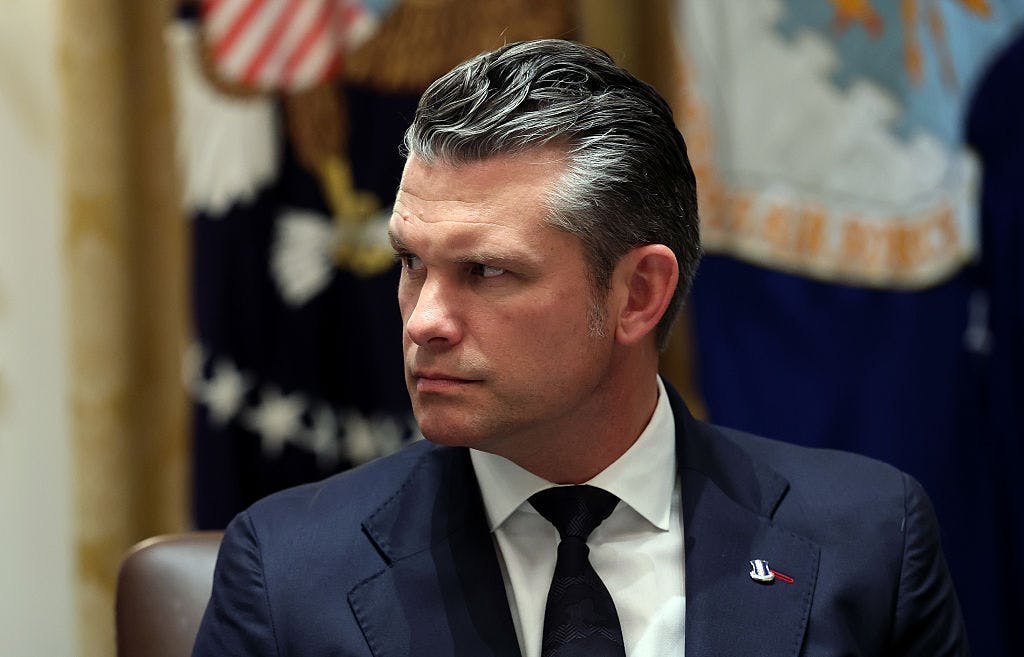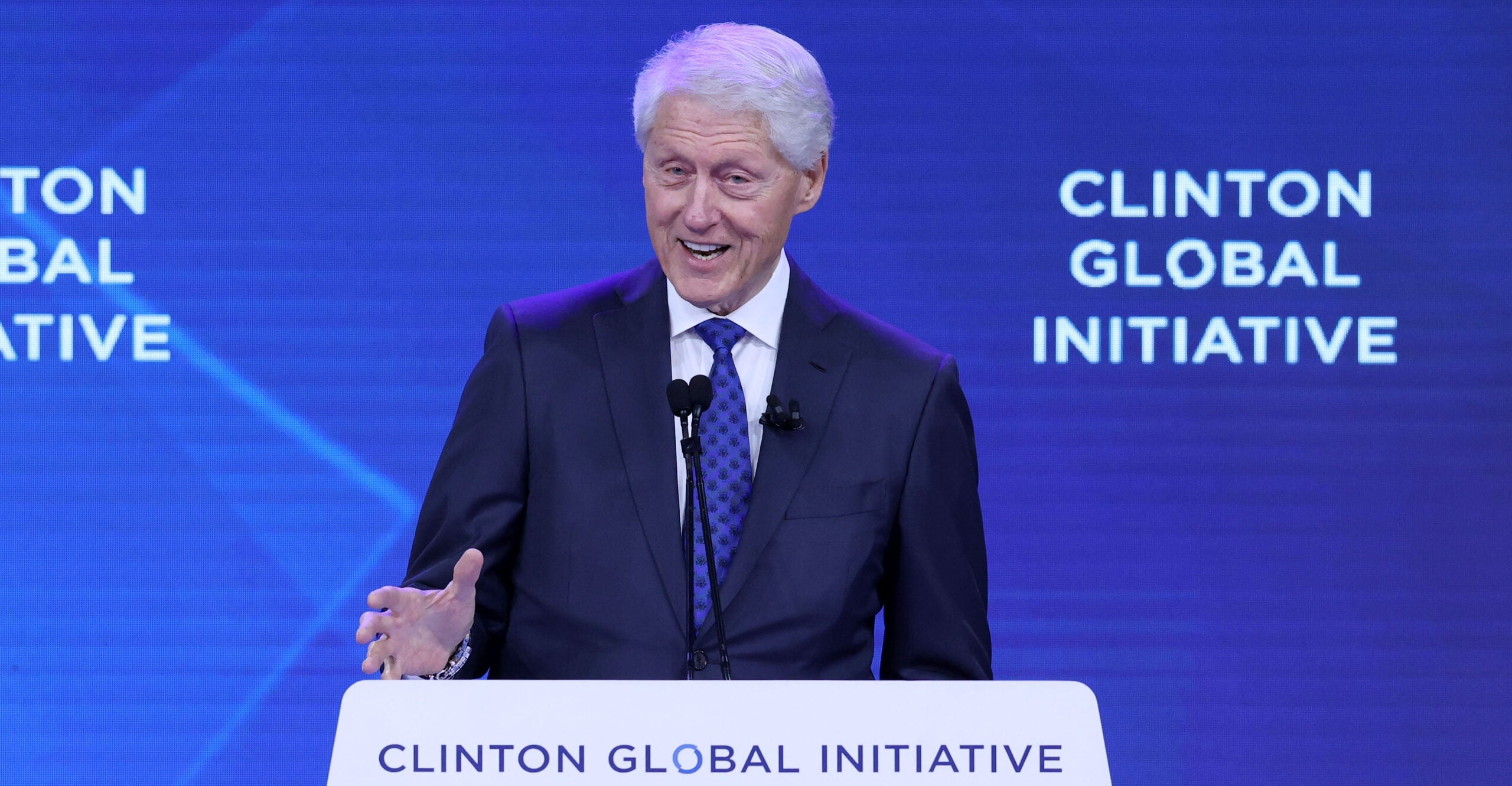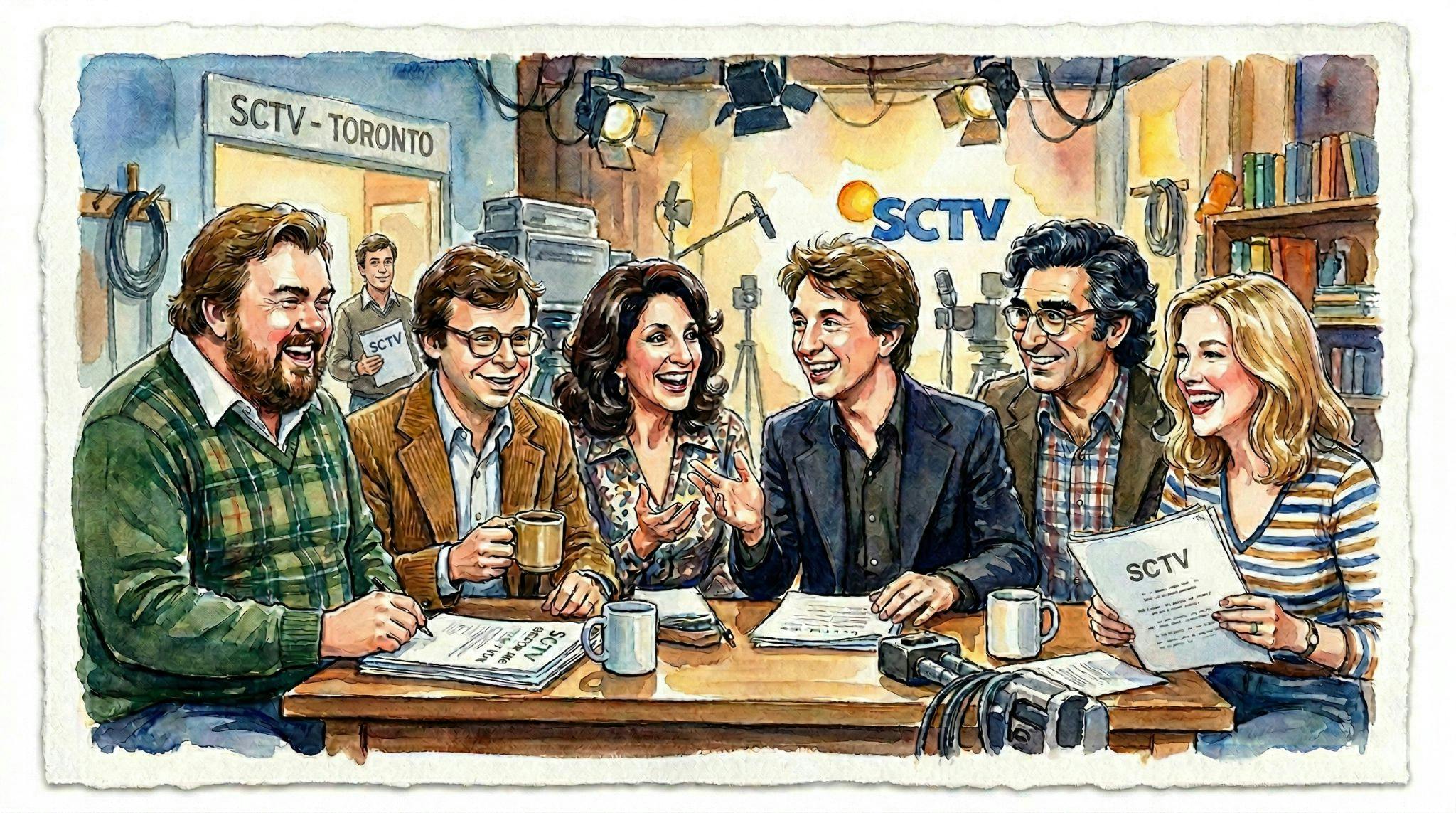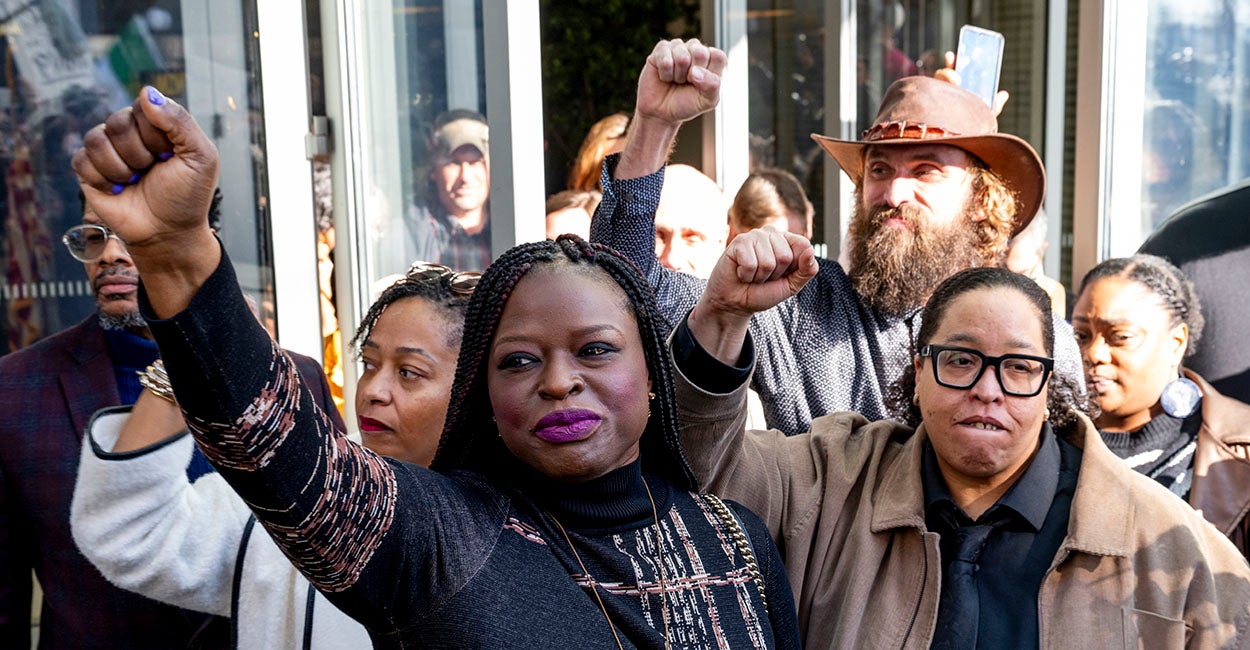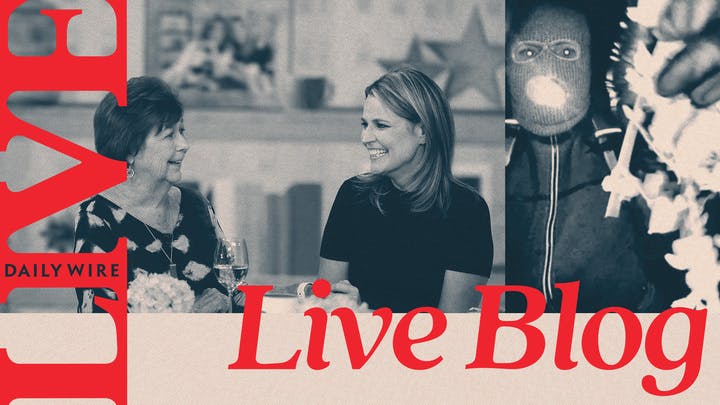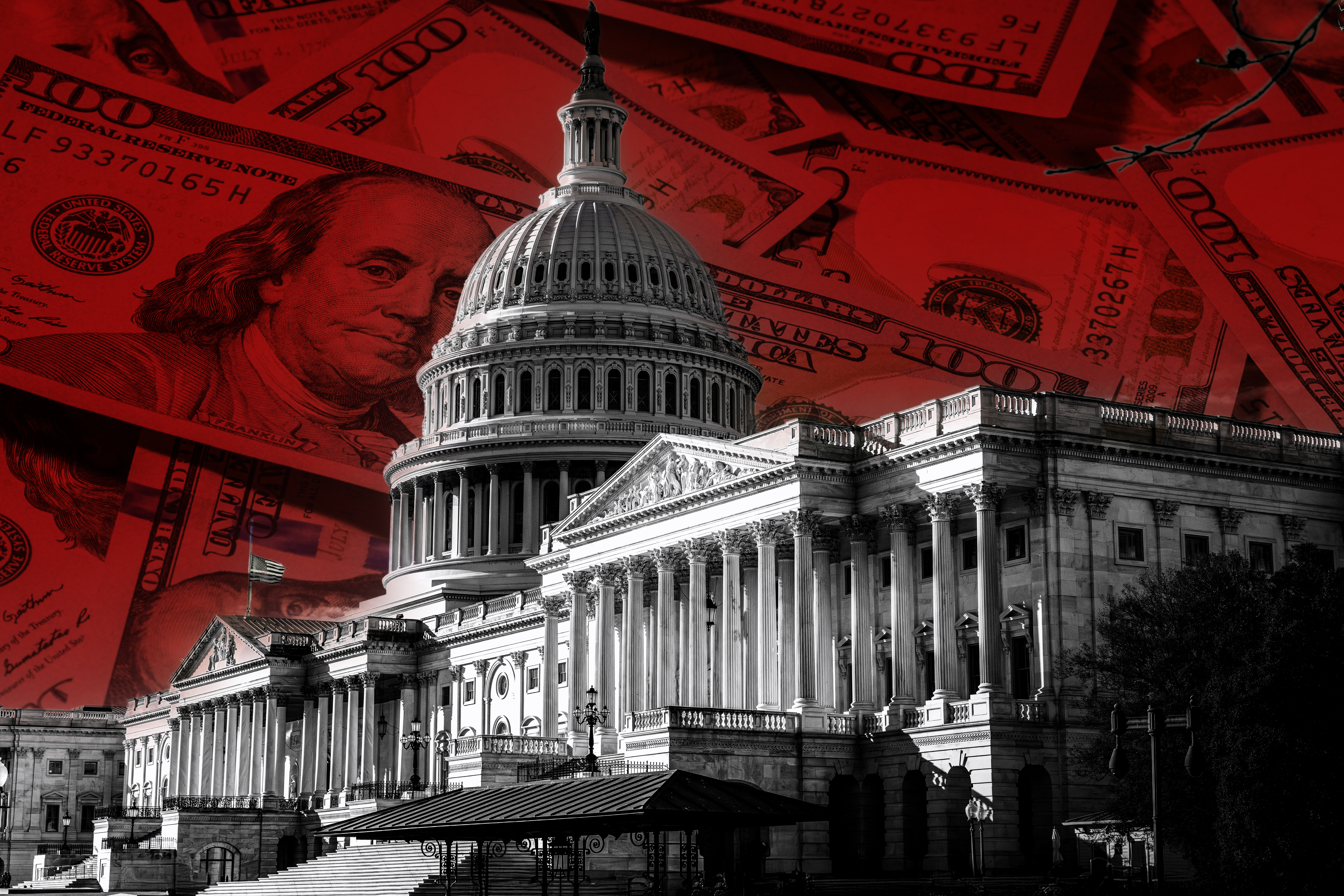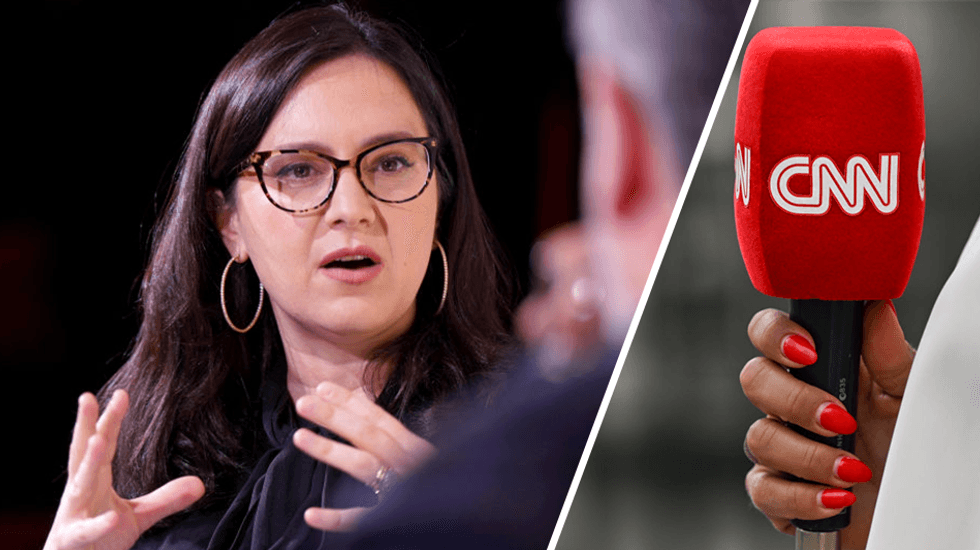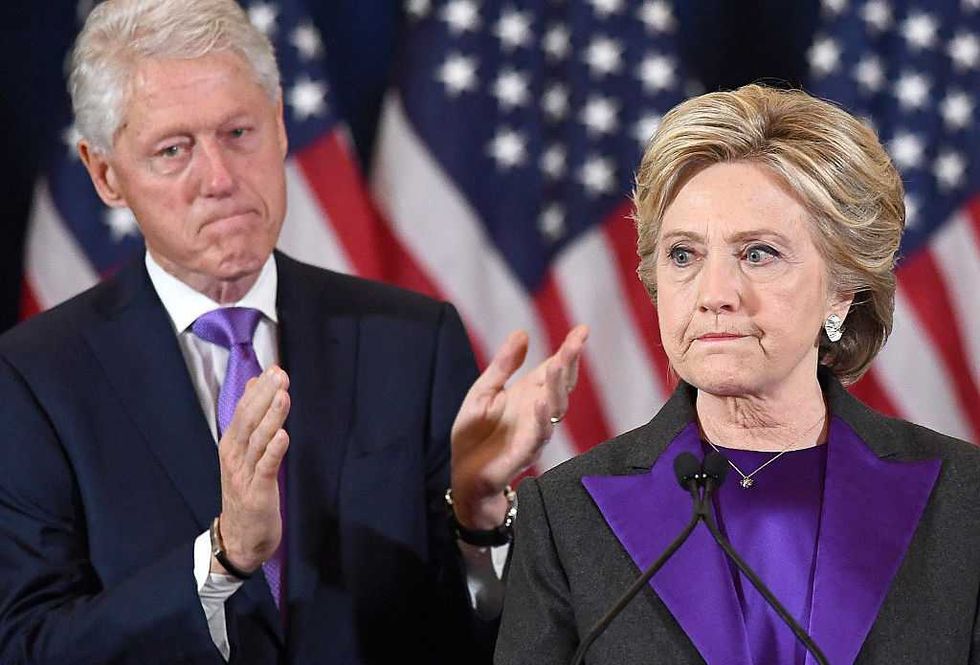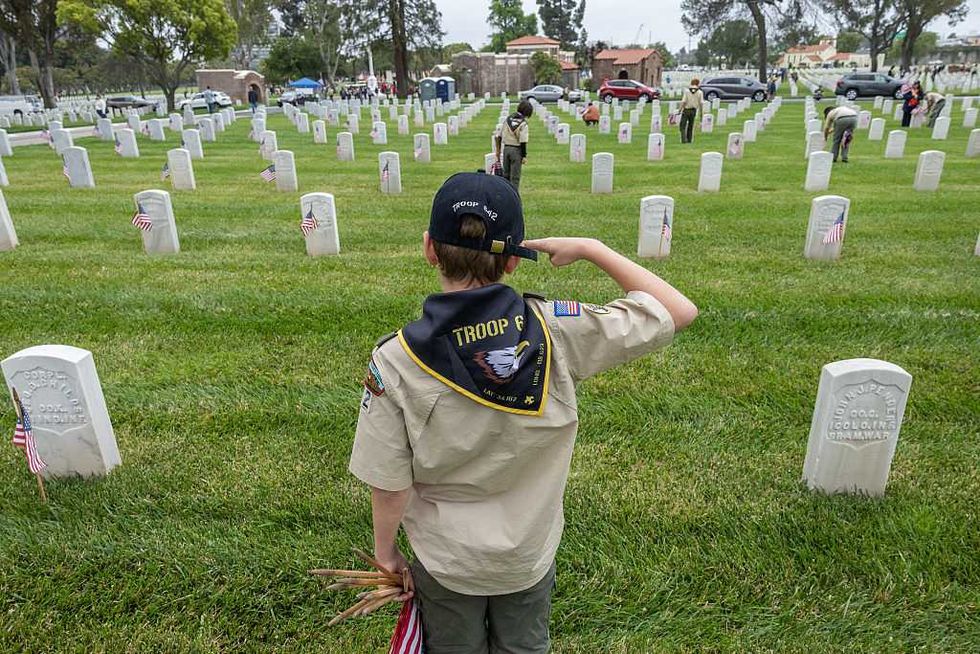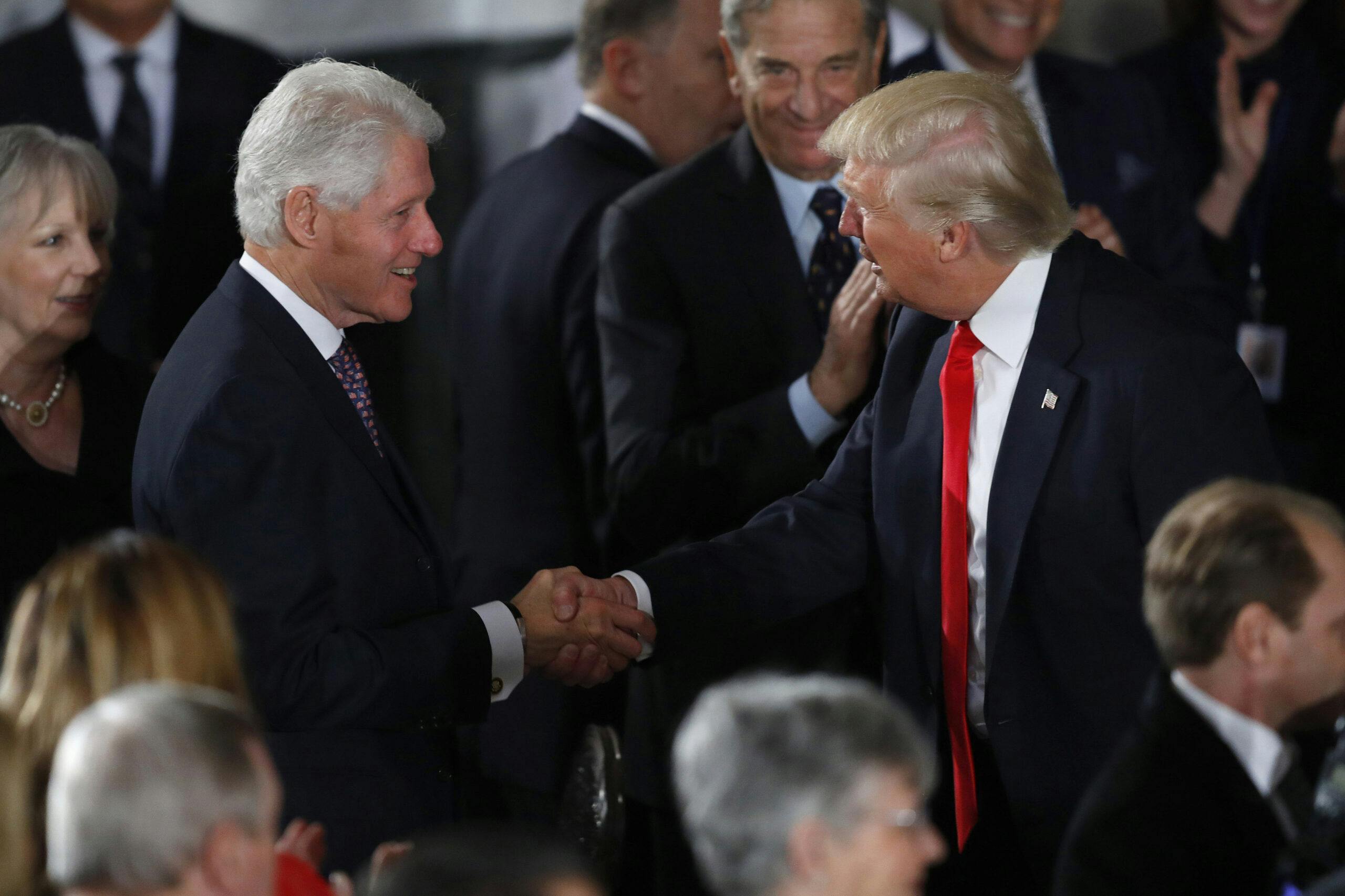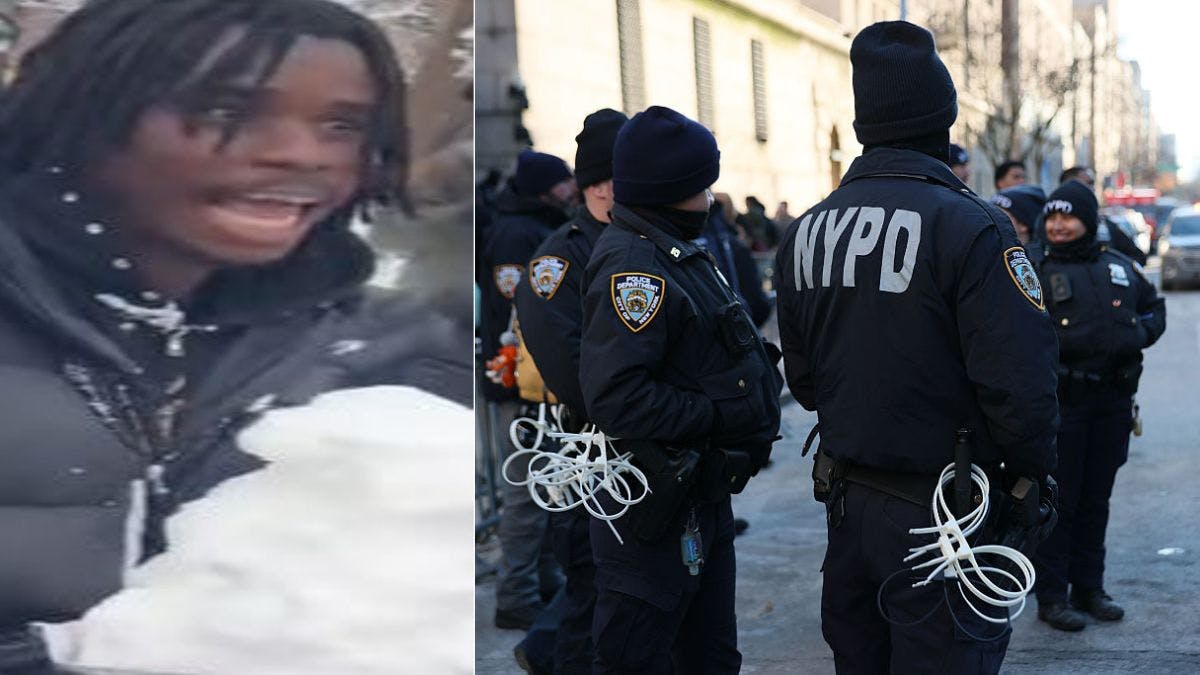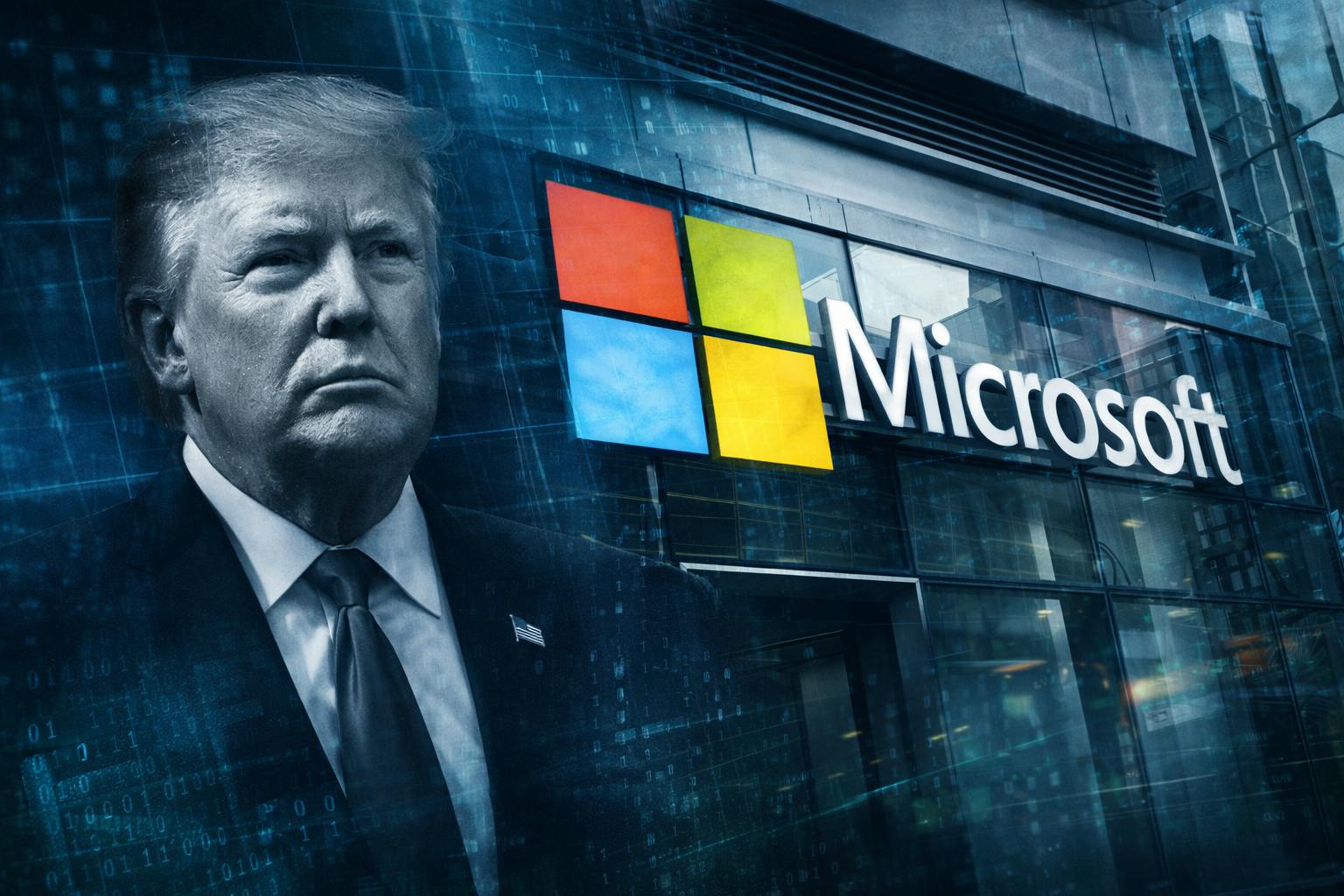‘Do You Really Want To Defend Him?’ Algorithms, Outrage, And The Death Of Charlie Kirk
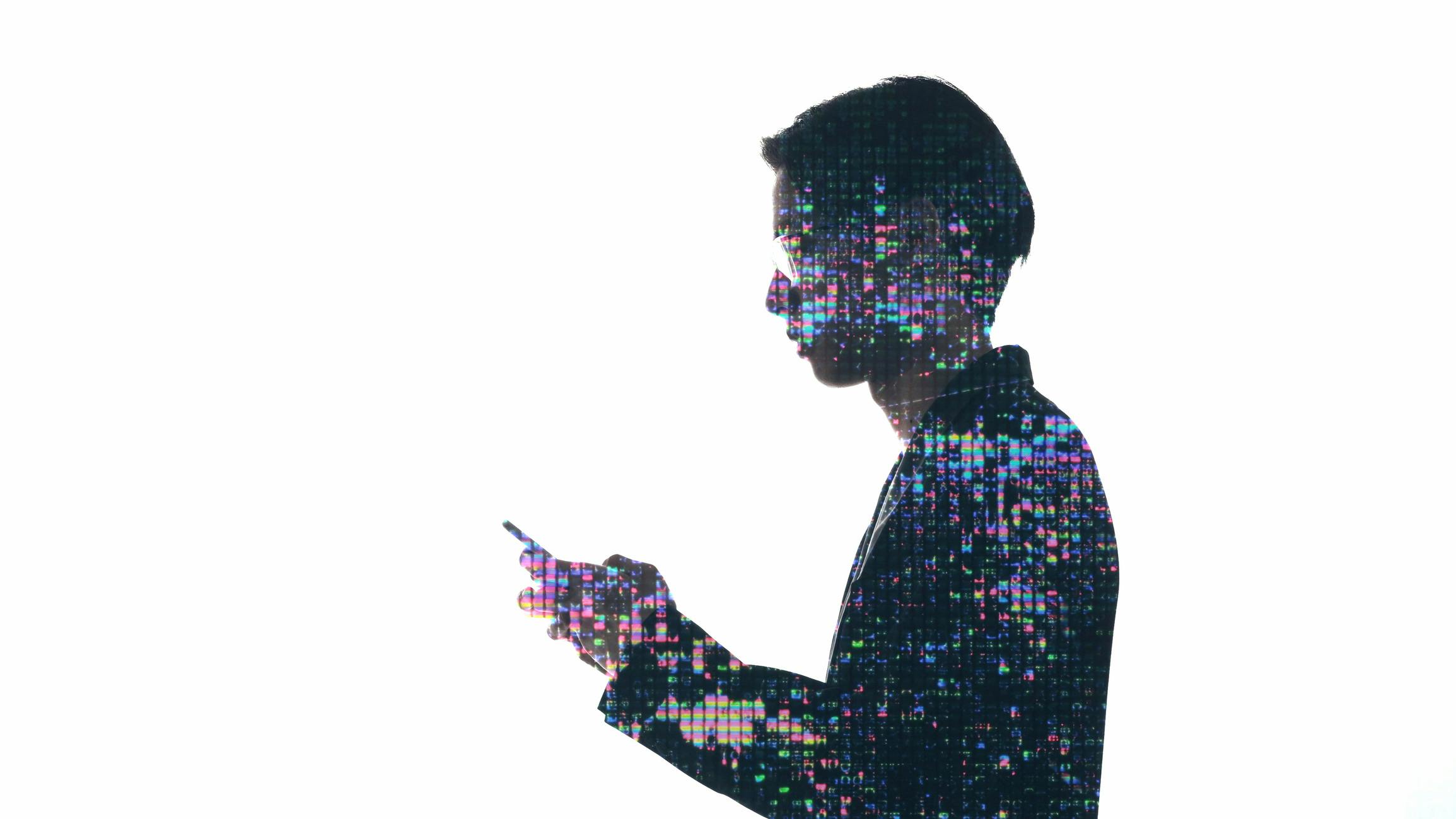
Charlie Kirk was an alt-right extremist.
Live Your Best Retirement
Fun • Funds • Fitness • Freedom
Certainly, that’s what many in the so-called mainstream conclude from the collection of carefully culled remarks we are being fed by algorithms designed to maximally outrage us. These preternaturally powerful algos are fueled by bot armies, bad faith domestic players, sociopathic social media business practices, and hostile foreign regimes that seek to divide America.
How many hours of original Charlie Kirk footage do the algos have from which to select? An AI breakdown of Mr. Kirk’s content between podcasts, radio shows, YouTube videos, speeches, debates, and interviews estimates the total time somewhere between 5,000 and 8,000 hours.
If we put this in the context of a job, assuming an eight-hour workday with no breaks, that translates to 625 to 1,000 consecutive work days.
At the upper end, that is two years and nine months of talking.
How many moments of this man’s life have people watched before making up their minds that his assassination must be qualified or even celebrated?
Suppose deep machine learning cast its all-powerful eye on the last 8,000 hours that any of us spoke to find out-of-context moments to maximally denigrate, vilify, and dehumanize us. Do we really believe our character couldn’t be assassinated just as readily?
Do we really believe anyone’s reputation could survive that level of scrutiny and cherry picking?
Yours? Mine? Our family members? Classmates and colleagues? The leaders we support? The athletes and musicians we admire?
Of course not.
But this is the world that we’ve built and allowed. And now it is clearer than ever: Ours is a radicalized culture.
A culture that reduces people to their mistakes, jokes, stupid remarks, contradictions, hypocrisies, blind spots, and contentious assertions is a culture that allows zero tolerance for being human.
A culture that views legitimate political disagreement as an us-versus-them battle with existential stakes, that demonizes the opposition and views them not as factions and individuals but as a monolith.
Why is it radical? Because it remains ossified and immovable, allowing neither nuance nor learning.
A quick online spin shows us the ways that Charlie Kirk, a complex and good man, imperfect like every last one of us, has been hammered flat and dehumanized.
He’s racist… despite running a Young Black Leadership Summit for years, despite his avowed and articulate admiration of black luminaries like Frederick Douglass, Booker T. Washington, and Thomas Sowell, despite his mentoring of many young black activists and leaders, and despite his voter mobilization efforts for the black community.
He’s anti-gay… despite welcoming gays into the conservative movement with love and grace, despite his taking fire from actual homophobes and arguing to persuade them, despite his deep friendships with many gay people.
He’s transphobic… despite his multiple kind and respectful discussions with trans students in which he welcomed them and encouraged them toward health and meaning.
He’s a misogynist… despite the fact that he ran a Young Women’s Leadership Summit, elevated women on his podcasts and events, encouraged women to engage politically, uplifted female chapter leaders and ambassadors, and spoke to podcast audiences, which at times skewed 60-65% female.
He’s a violent extremist… despite his countless denunciations of violence and coercion, despite his refusal to fight when challenged, despite his exemplification of debate and discourse.
He’s alt-right… despite the fact that his opinions are not far from average Catholic and Christian from a single generation ago, despite the fact that he was a bulwark against extremism on his own side, despite the reality that he was hated by Groypers, Nazis, terrorists, and white supremacists.
There seems to be a genuine belief among many that everything Charlie Kirk did was for power, manipulation, and control. A belief that his movement is all grift and corruption. A belief that for him and everyone in his orbit — and what an orbit it was — there was no wisdom, no grace, no care for people or the nation. Nothing genuine, only Machiavellian plans for an evil takeover.
How does this happen?
Our radicalizing media, social and otherwise, has strangled our curiosity, forbidding exploration of opposing notions, ideas, and thinkers. It tells us that we cannot risk contamination with information that might provide nuance and context. It tells us that anyone seeking to offer a different perspective is captured, brainwashed, not to be trusted. It tells us that if we modify our position, we will be outcast as a traitor, despised, one of “them.”
We all know the feeling. A stubborn ping in the chest, a compulsion at the back of our lizard brain that whispers: I’m on the right side of this issue, I just know it. I’m on the right side of history, I just know it. He’s a bad guy, I just know it. I don’t need to see or hear anything else that might disprove or alter my opinion, I just know it.
I just know it. And won’t be told otherwise.
That is what radicalization sounds like.
Terrifying to see in the mirror. Terrifying and shameful.
And it prevents many from gazing with open eyes and an open heart on a tableau that can only be described as biblical. A husband and father shot before his wife and young daughters at a free speech event on a college campus beneath a sign that says, Prove Me Wrong, in front of 3,000 kids, live-streamed to tens of thousands more. Terrified by the gunshot, his three-year-old daughter ran to him, crying, “Daddy.”
What would have been our overwhelming national reaction to this moment in a time before social media and cable news?
Not moral confusion, equivocation, political expediency — certainly not gleeful malice.
The difference between then and now is our widespread radicalization from being fed selective information 24-7.
This is what it looks like.
It looks like us.
And it will destroy America if we don’t stop it.
Because when we are blinded by radicalization, we are also blind to who our real enemies are.
Our foreign adversaries are feeding this division. Profiteering social media companies with teams of addiction specialists are laser-focused on exploiting our kids. Nihilists who wish only chaos, pain, and destruction.
There are alt-right extremists. Charlie Kirk was not one of them.
He was the embodiment of how you teach conservative young men and women not to become alt-right extremists.
When challenged to fight by a grown man in front of 2,000 kids, Mr. Kirk said, “The only thing that is preventing us in this country from going to civil war is debate and dialogue… In fact, a mark of civilization is that we don’t have to go to blows and bullets, that we can have discourse and debate… We are going to remain peaceful.”
Again and again this week, I have been told:
Charlie was part of the problem.
He was a peddler of hate.
He said some horrendous things.
Do you really want to defend him?
That is not a good hill for you to die on.
Is it?
For a man I never met?
For a thinker I considered to be, on many topics, a beneficial adversary?
For the principles he evinced — debate not fists, discussion not bullets, gratitude not grievance, love not hate?
Yes.
It is.
This is a hill for us to die on.
Just like he did.
* * *
Gregg Hurwitz is the author of the New York Times bestselling Orphan X novels. Critically acclaimed, his novels have been international bestsellers, graced top ten lists, and have been published in thirty-two languages. Additionally, he’s sold scripts to many of the major studios, and written, developed, and produced television for various networks. Hurwitz lives in Los Angeles.
The views expressed in this piece are those of the author and do not necessarily represent those of The Daily Wire.
Originally Published at Daily Wire, Daily Signal, or The Blaze
What's Your Reaction?
 Like
0
Like
0
 Dislike
0
Dislike
0
 Love
0
Love
0
 Funny
0
Funny
0
 Angry
0
Angry
0
 Sad
0
Sad
0
 Wow
0
Wow
0
